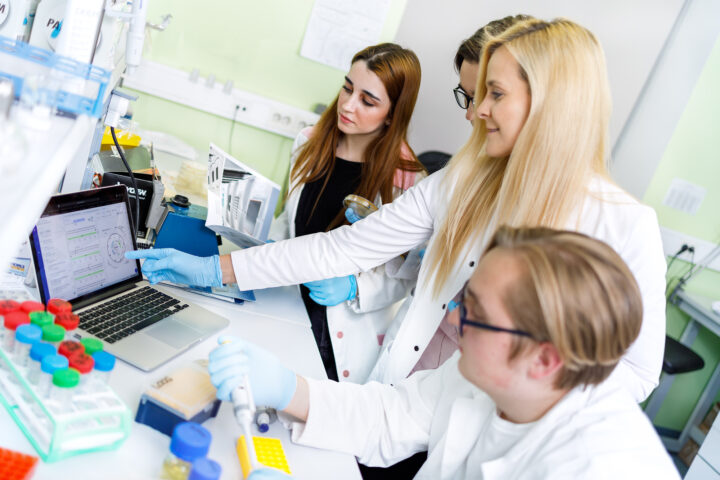Bioengineering Master’s program at The University of Tartu is happy to announce that alongside the main industrial bioprocesses, fermentation, design of biological systems, industrial biotechnology, and biomedical technologies we will provide an opportunity to study wood chemistry and bioprocessing to meet the industries needs for specialists on wood valorisation. This kind of specialists are at high demand nowadays, since there is the growing interests in producing high value compounds from wood and its derevates.
Bioengineering supports the fast-growing fields of industrial biotechnology and circular bioeconomy that are expected to become the key solutions for the humanity’s goal to achieve biosustainability of our planet. There is also a growing need for specialists in bioengineering as industrial biotechnology and synthetic biology will be the basis of industrial revolution of the 21-st century. The master’s program in bioengineering is an interdisciplinary curriculum which combines different fields of applied biotechnology, synthetic biology, engineering and information technology.
The main aim of the program is to educate specialists with skills and knowledge that will help them to find jobs and contribute to the success of various companies working on the field of industrial or medical biotechnology, circular bioeconomy, bioprocessing etc. The graduates will have understanding and practical experience covering the main industrial bioprocesses, fermentation, design of biological systems, industrial biotechnology, and biomedical technologies, now also wood chemistry and bioprocessing. The curriculum emphasizes practical training and provides internships in various companies that are active in the fields of biotechnology and biomedical technology.
The Master’s degree offers career opportunities in the field of industrial biotechnology in the European Union and world-wide. The Nordic and Baltic region is an especially attractive job market where companies are searching for young talents with special skills in synthetic biology and industrial biotechnology. The Nordic region is one of the fastest growing hubs in the world in industrial biotechnology expecting to hire thousands of newly trained specialists in coming years.
You may read more about the program here: bioengineering.ut.ee


